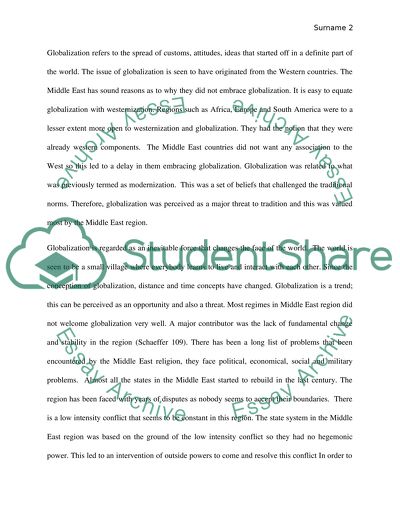Cite this document
(“Globalization in the middle east Essay Example | Topics and Well Written Essays - 2250 words”, n.d.)
Retrieved from https://studentshare.org/macro-microeconomics/1398677-research-paper
Retrieved from https://studentshare.org/macro-microeconomics/1398677-research-paper
(Globalization in the Middle East Essay Example | Topics and Well Written Essays - 2250 Words)
https://studentshare.org/macro-microeconomics/1398677-research-paper.
https://studentshare.org/macro-microeconomics/1398677-research-paper.
“Globalization in the Middle East Essay Example | Topics and Well Written Essays - 2250 Words”, n.d. https://studentshare.org/macro-microeconomics/1398677-research-paper.


